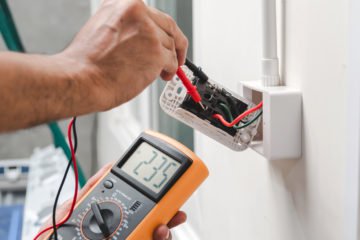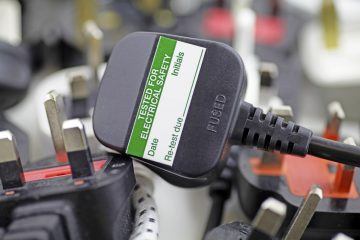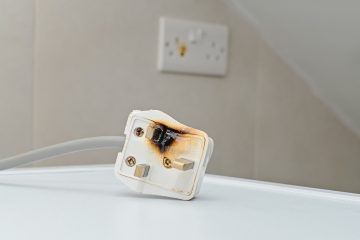Campaign launched to prepare for new heat and smoke alarm standards in Scotland
A new public safety campaign has been launched to help raise awareness of new heat and smoke alarm regulations coming into force across Scotland in February 2022.
Electrical trade body SELECT has produced a video to clarify what homeowners and landlords need to do to comply, in line with Scottish Government guidance.
Iain Mason, Director of Membership & Communication at SELECT, comments: “Serving the public interest is at the heart of every professional organisation’s mission and SELECT is proud to lead the way.
“We hope the impact of this animation and other material will be to help as many people as possible get ready and comply with the new regulations before the implementation date.”
The organisation is encouraging its business members to use and share the range of resources to familiarise themselves with the new rules and help educate the public.
Bob Cairney, Director of Technical Services at SELECT, said: “Our main aim is to help the public understand what they need to do, clearly and concisely, and where to go for help if they need it. This includes stressing the importance of using a qualified electrician to carry out the work.
“We also want to develop SELECT Members’ understanding of what is required by giving them the tools they need to help their customers.”
This new standard is applicable from 1st February 2022. It requires all homes in Scotland to have a smoke alarm on every storey, including hallways and landings. It also requires a smoke alarm in the most frequented part of the house, such as the lounge, a heat alarm in the kitchen, and a carbon monoxide alarm wherever there is a fuel burning appliance.
In addition, all the heat and smoke alarms must be interlinked, either mains-powered with battery back-up or be battery powered by a tamper-proof long-life battery to ensure there is an effective warning system to keep everyone and their property safe. Those with mains-powered alarms or homeowners who cannot fit the battery-powered alarms themselves are being urged to use a qualified electrician.




